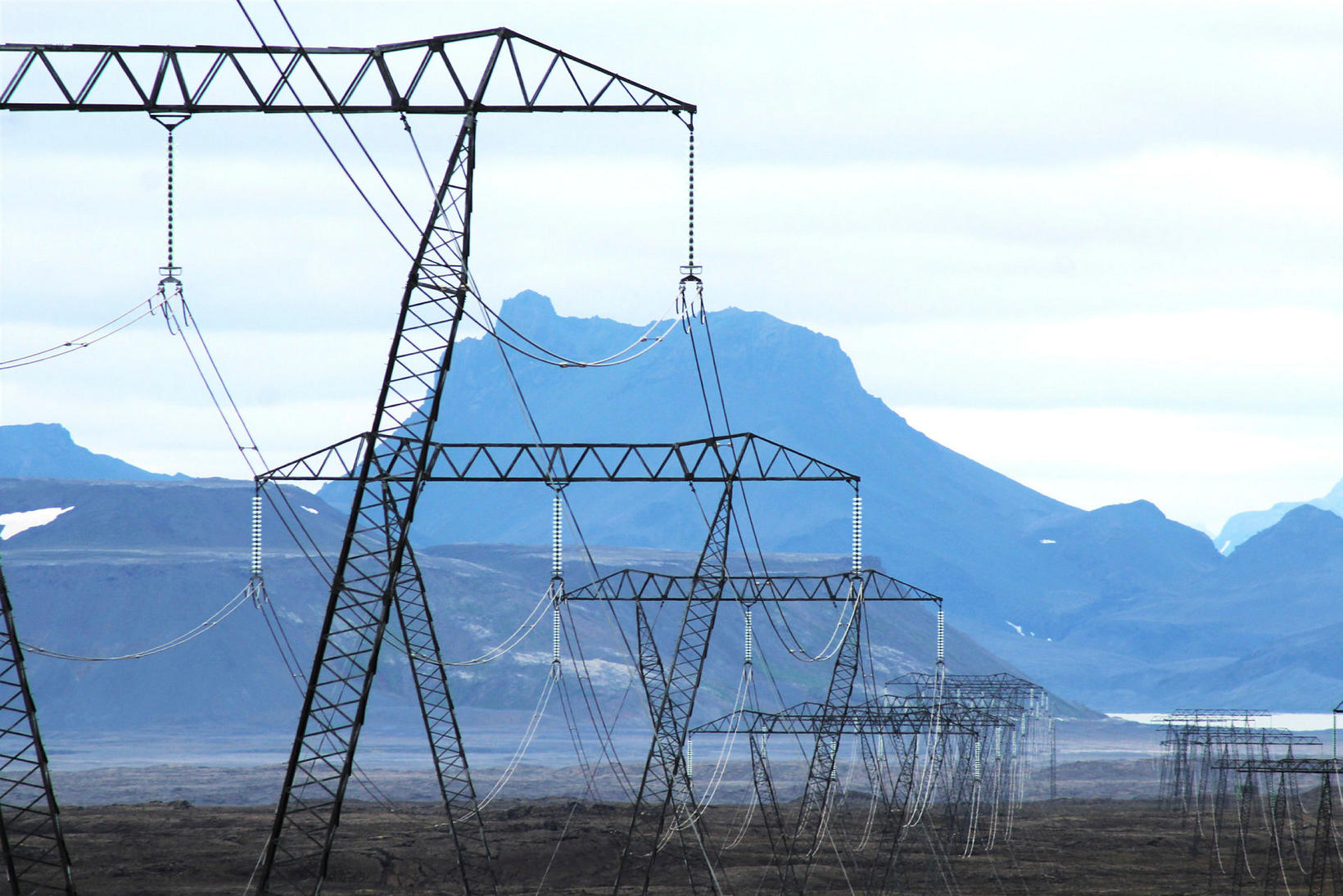Constant cyber attacks on the energy sector
The largest energy companies in the country are now conducting a joint cybersecurity exercise. The participants are also representatives of the government, the Energy Authority, CERT-IS and civil defense. The exercise will be attended by KraftCERT, a consultancy company that works for the energy sector in Norway and has been instrumental in building better cybersecurity in Iceland in the last few years.
Halldór Halldórsson, the safety manager of Landsnet and chairman of the emergency collaboration between the electricity companies, spoke with Morgunbladid about the exercise. Such exercises are held annually to practice the response to possible threats to the companies. These threats can be, for example, a storm or a volcanic eruption, but this year the focus is on cyber-security issues.
“We are working on how to react if some rogue parties try to take over the energy systems in Iceland. We are focusing on how we can work together, share information and get expert help as soon as possible,” says Halldórsson.
The employees of all the companies are mixed up and made to deal with increasingly difficult problems. “They start out as innocent problems but can develop into national security issues if they are not handled properly.”
There is good reason to hold such a drill. It's common that hackers try to penetrate the infrastructure of energy and telecommunications companies. It's already happened in many countries. Halldórsson says there are daily attempts to penetrate the security systems in Iceland. This is constantly being monitored.
Cyber attacks from Russia are common
When asked who would want to attack the computer systems of the electricity companies, Halldórsson mentioned Russian hackers. “The majority of attacks comes more or less from Russia, we see the IP addresses coming from there.”
He says attacks of this nature have been increasingly common after the May summit in Reykjavik. “When the summit was held, the IP addresses were from Russia that attacked the websites of the parliament and the government. This has only been increasing significantly since the summit.”
The exercise prepares the companies for the worst possible scenarios. Halldórsson says that one example is if someone manages to take over the energy management system. There are computer systems that manage the distribution of the electricity. For manufacturers of electricity there are also systems that manage production and control pressure, for example, how the energy comes from each power plant.
“What we are all afraid of is that if things go wrong, some unscrupulous party will be able to take over these control systems,” Halldórsson concludes.




/frimg/1/59/34/1593453.jpg)





